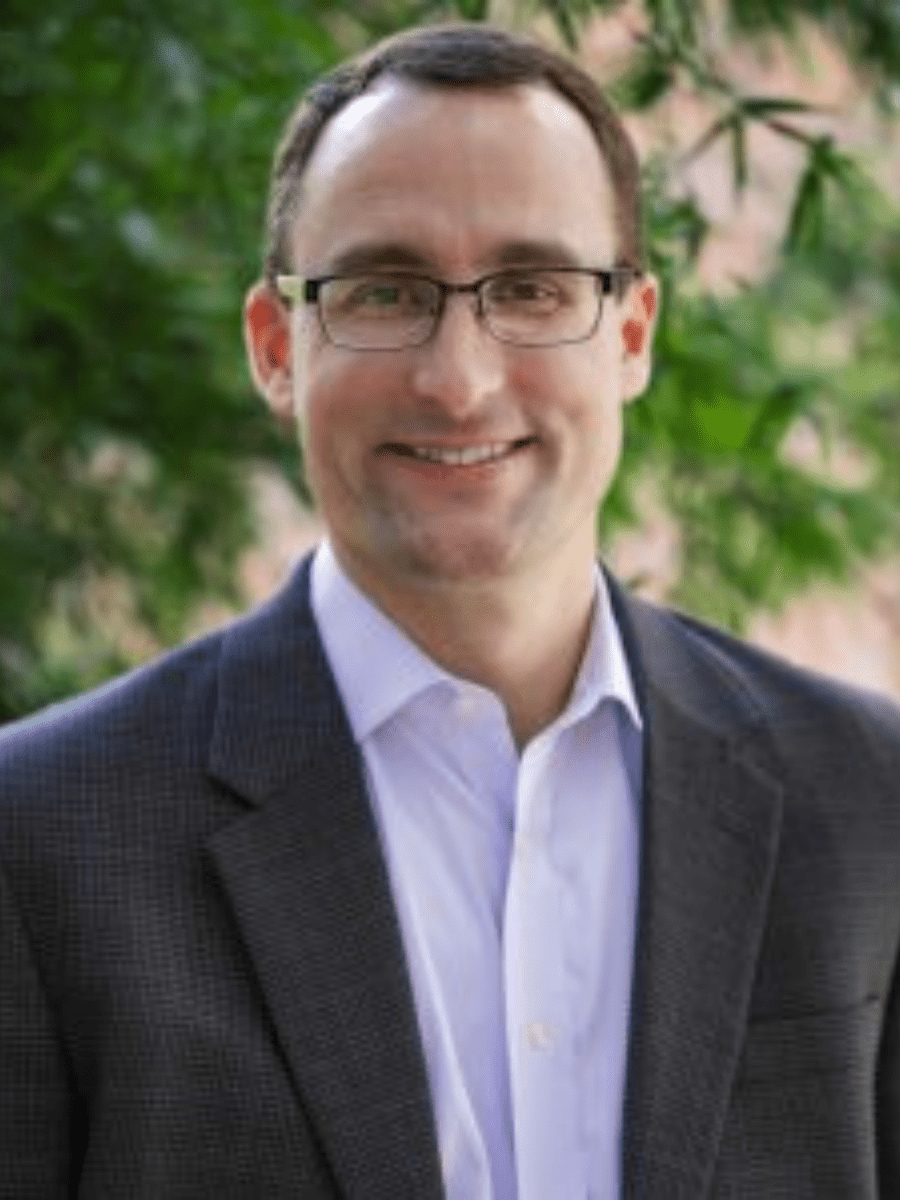Events

- This event has passed.
MICDE Seminar: Douglas Spearot, Professor of Mechanical & Aerospace Engineering, University of Florida
April 5, 2022 @ 3:00 pm - 4:00 pm
Venue: 1311 EECS

WATCH THE RECORDING HERE.
Bio: Dr. Douglas Spearot is a Newton C. Ebaugh Professor in the Department of Mechanical & Aerospace Engineering in the Herbert Wertheim College of Engineering at the University of Florida. He also holds an affiliate appointment in the Department of Materials Science & Engineering. From 2005-2015, he was an Assistant/Associate Professor in the Department of Mechanical Engineering and a member of the Institute for Nanoscience and Engineering at the University of Arkansas. His research focuses on the use of atomistic and mesoscale simulation techniques to study the mechanical and thermodynamic properties of materials, with particular focus on the behavior of dislocations and interfaces, and the development of computational tools to extract experimentally relevant metrics from simulation generated data. Dr. Spearot received his B.S. in Mechanical Engineering from the University of Michigan, and his M.S. and Ph.D. in Mechanical Engineering from the Georgia Institute of Technology.
Awards:
- 2010 NSF CAREER Award to elucidate the nanoscale mechanisms associated with phase selection during vapor deposition.
- 2007 Ralph E. Power Junior Faculty Enhancement Award to study plasticity in nanostructured materials.
- 2020 Teacher of the Year in the Department of Mechanical & Aerospace Engineering, University of Florida.
- 2014 College of Engineering Imhoff Outstanding Teaching Award, University of Arkansas.
- 2014 Arkansas Alumni Association Rising Teaching Award, University of Arkansas.
Mesoscale Modeling of Plasticity in Metallic Materials via Advancement of the Discrete Dislocation Dynamics Simulation Method
Plastic deformation in metallic materials is governed by the individual and collective behaviors of defects, such as dislocations and grain boundaries (GBs). Among computational methods for modeling this inherently multi scale problem, discrete dislocation dynamics (DDD) is a powerful mesoscale technique that explicitly simulates the dynamics and interactions of dislocations and provides a continuum-level understanding of plasticity. Yet, the utility of DDD simulations for certain problems is compromised by missing defect physics and limited linkages to experiments. The focus of this seminar will be on two advancements to the DDD method. First, a disclination-dislocation framework for modeling the mechanical structure of equilibrium GBs (EGBs) and nonequilibrium GBs (NEGBs) is incorporated into the DDD method. This approach accounts for the mechanical and kinetic effects of multiple transmission events, and the absorption of residual dislocations at the GB. DDD simulations reveal that accumulated dislocation content from prior slip transmission lowers the external driving stresses required for subsequent slip transmission, indicating GB softening. Second, to enhance the connection between DDD simulations and experiments, a new “virtual” diffraction method is developed to generate strain-broadened diffraction profiles from DDD microstructures. This method is used to generate a database of diffraction profiles from simulated dislocation microstructures, which enables a new data-driven approach for dislocation density prediction from diffraction line profile analysis.
The MICDE Winter 2022 Seminar Series is open to all. University of Michigan faculty and students interested in the mechanical and thermodynamic properties of materials are encouraged to attend.
Dr. Spearot will be hosted by Dr. Yue Fan, Assistant Professor of Mechanical Engineering.
This is a hybrid event and will be held in-person and broadcast online via Zoom.
Graduate Certificate in Computational Discovery and Engineering, and MICDE fellows, please use this form to record your attendance.
Questions? Email MICDE-events@umich.edu